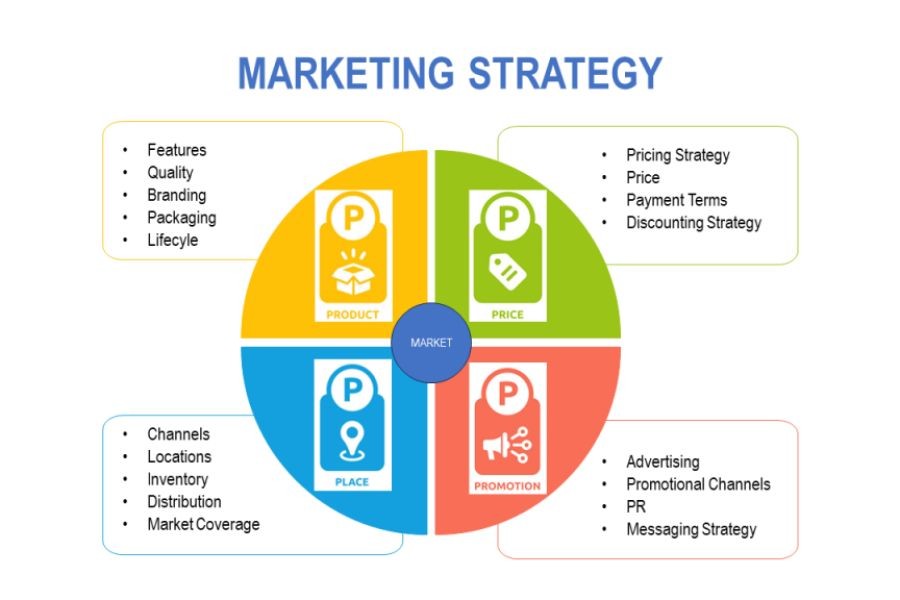As New Zealand continues to embrace digital transformation, the evolution of online communities has become a cornerstone in the nation's socio-economic landscape. These platforms, once mere hubs for social interaction, now play a pivotal role in shaping industries, including real estate. Understanding how these communities have evolved is essential for real estate experts seeking to leverage online platforms effectively.
Introduction: The Digital Shift in New Zealand
Imagine a world where property decisions are influenced not just by physical inspections but by vibrant online discussions and reviews. This is the reality in New Zealand, where online communities are reshaping the real estate market. According to Stats NZ, there has been a significant 27% increase in internet usage for real estate activities over the past five years, highlighting the growing dependence on digital platforms.
Understanding this shift is crucial for industry stakeholders. It offers insights into consumer behavior, market trends, and the tools necessary for successful engagement. As we delve deeper, we will explore the benefits, challenges, and future implications of New Zealand's online communities in the real estate sector.
Pros & Cons Evaluation: The Digital Transformation
Pros of Evolving Online Communities
- Enhanced Interaction: With platforms like Facebook and Reddit, real estate discussions have become more interactive, allowing for real-time feedback and networking.
- Data-Driven Insights: Online communities provide a wealth of data that can be analyzed to understand market trends and consumer preferences.
- Cost-Effective Marketing: Digital platforms reduce the cost of traditional advertising, making it accessible for smaller real estate agencies to reach a broader audience.
- Improved Transparency: With user-generated content and reviews, potential buyers have access to more information, facilitating informed decision-making.
Cons of Evolving Online Communities
- Information Overload: The vast amount of data can be overwhelming, making it difficult to discern credible information.
- Privacy Concerns: Increased online interaction raises concerns about data privacy and cyber security, a significant issue recognized by the Reserve Bank of NZ.
- Market Saturation: The accessibility of online platforms means increased competition, making it harder for real estate listings to stand out.
- Misinformation: The spread of inaccurate information can mislead buyers and sellers, affecting market perceptions and decisions.
How It Works: A Deep Dive into Online Communities
Digital Platforms as Real Estate Catalysts
Online communities function as dynamic ecosystems where users exchange information about real estate. Platforms like Trade Me Property and Homes.co.nz have become integral in providing property insights, price comparisons, and user reviews. Such platforms enable both buyers and sellers to make more informed decisions by accessing a broader range of data.
Case Study: Trade Me Property's Digital Impact
Problem: Prior to the digital boom, New Zealand's real estate market was heavily reliant on traditional methods, resulting in limited reach and information asymmetry.
Action: Trade Me Property capitalized on the digital shift by creating an online platform that aggregated property listings, integrating user reviews and price comparison features.
Result: Within a decade, Trade Me Property became a leading platform, with a reported 60% of New Zealanders using it as their primary source for property searches. The platform's user base grew exponentially, increasing engagement and facilitating billions of dollars in real estate transactions.
Takeaway: The case of Trade Me Property underscores the importance of leveraging online communities to enhance market reach and transparency.
Data-Driven Analysis: The Role of Online Communities in Real Estate
According to the Ministry of Business, Innovation, and Employment (MBIE), online communities have significantly influenced real estate pricing and demand. Data from the MBIE indicates that digital platforms have contributed to a 15% increase in property listings visibility, leading to more competitive pricing strategies.
Moreover, the Reserve Bank of NZ highlights the role of social media in driving real estate trends. A study revealed that properties promoted on platforms like Instagram and Facebook saw a 20% faster closing rate compared to traditional methods.
Common Myths & Mistakes in Digital Engagement
Myth: "Online Platforms Are Only for Millennials"
Reality: While younger generations are tech-savvy, data from Stats NZ shows that digital platform usage spans across various age groups, with a significant increase in users aged 50 and above engaging in online property discussions.
Myth: "All Online Information Is Accurate"
Reality: The digital landscape is rife with misinformation. It's crucial for users to verify information through credible sources such as verified real estate agencies and government portals.
Mistake: "Ignoring User Reviews"
Solution: User reviews provide valuable insights into property conditions and agent reputations. Engaging with these reviews can enhance transparency and trustworthiness in transactions.
Future Trends & Predictions for New Zealand's Real Estate Market
The future of New Zealand's real estate market will be heavily influenced by advancements in digital technology. The Reserve Bank of NZ predicts that by 2025, blockchain technology will be integrated into property transactions, enhancing security and reducing fraud.
Additionally, AI-driven analytics are expected to play a significant role in predicting market trends and consumer behavior, offering real estate professionals a competitive edge in decision-making.
Conclusion: Embracing the Digital Age
The evolution of New Zealand's online communities has revolutionized the real estate sector, offering unprecedented opportunities for market growth and consumer engagement. As digital platforms continue to evolve, embracing these changes will be key to thriving in a competitive market.
Call to Action: Real estate experts are encouraged to harness the power of online communities by adopting digital tools and strategies to enhance their market presence. Engage with platforms, verify information, and stay informed about the latest digital trends to remain competitive.
People Also Ask (FAQ)
- How do online communities impact real estate in New Zealand? Online communities enhance market transparency and accessibility, allowing for real-time engagement and data-driven decision-making.
- What are the biggest misconceptions about online real estate platforms? Many believe these platforms are only for younger audiences, yet data shows a broad user demographic.
- What are the best strategies for leveraging digital platforms? Experts recommend integrating AI analytics and engaging with user reviews to optimize property listings and consumer interaction.
- What upcoming trends could affect New Zealand's real estate market? Blockchain integration and AI-driven analytics are set to redefine property transactions and market analysis by 2025.
- Who benefits the most from digital platforms in real estate? Homebuyers, sellers, and real estate professionals benefit from increased transparency, accessibility, and market insights provided by these platforms.
Related Search Queries
- New Zealand real estate market trends 2024
- Benefits of online communities in real estate
- How to leverage digital platforms for property investment
- Future of blockchain in New Zealand real estate
- AI analytics in real estate market forecasting

































Merrick Auto Museum
1 month ago